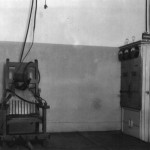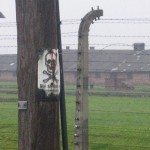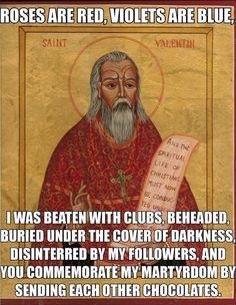
Valentine’s Day is around the corner and it’s difficult to avoid talking about something romantic. This shouldn’t be very difficult because Romanticism is the topic of some highly touted books published within the past year. I’m thinking of Louis Dupre’s The Quest of the Absolute: Birth and Decline of European Romanticism and D.C. Schindler’s The Perfection of Freedom: Schiller, Schelling, and Hegel between the Ancients and the Moderns.
Cyril O’Regan’s upcoming book Anatomy of Misremembering: Von Balthasar’s Response to Philosophical Modernity. Volume 1: Hegel promises to deal with the topic–indirectly but extensively–as well.
But why is Romanticism so important still? James Engell’s comprehensive, groundbreaking, earth-shaking, etc., etc. (it’s really that good and important) The Creative Imagination: Enlightenment to Romanticism offers a pretty good explanation:
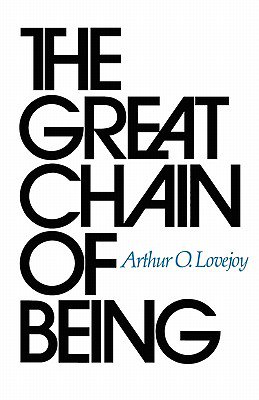
“The idea of the imagination forms a hinge connecting the Enlightenment and Romanticism. It pivots and swings from one period to the other in a fashion that tells more about both of them than does any other point of contact. In a larger perspective, the medieval and Renaissance world-views end and the classical tradition in literature wanes as the idea of the imagination becomes dominant. It introduces the modern era. During the century and a half from 1660 to 1810, the Great Chain of Being enjoyed its last viable influence. The concept of the imagination replaced it.”
There is a break, but Engell is at pains to point out how there is also a deeper continuity:
“The two ideas are not antithetical; they have some common ground, especially in their more Platonic interpretations [he gives some names, but unfortunately doesn’t expand more]… But the Great Chain of Being could no longer the the full brunt of philosophical inquiry, nor support a view of man and nature, or of God, that squared with empiricism, psychology, and the new sciences of chemistry astronomy, geology and biology.”
Why is the imagination able to carry this load?
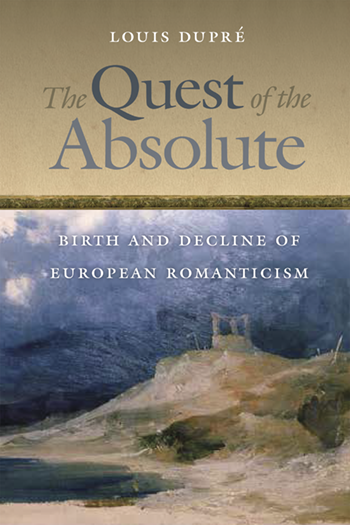
“The imagination offers the dynamic and active. It is a force, an energy, not a state of being. It more easily explains the interchange of state and the transforming, organic qualities of psyche and nature. The imagination better solved the problem why God would create the boundless diversity of nature if He were self-sufficient unto Himself.”
How big is the historical significance of this shift/transposition from the Great Chain of Being to the Imagination? Bigger than you think…
“In the Western tradition the idea of the imagination, developed in the Enlightenment and triumphant in Romanticism, marks the end of an epoch stretching back 2,500 years and introduces a new stage of thought and letters, now two hundred years in progress.”
I’m looking forward to mining Louis Dupre’s The Quest of the Absolute, especially the chapter provocatively named “A New Religion?” (Seems like he protests too much with the question). My interest in the Protestant and Catholic imaginations started with my research on Czeslaw Milosz. It looks like with the imagination I’ve stumbled upon something much bigger.
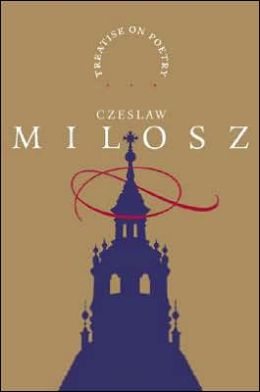
Not that Milosz somehow recedes into the background for me with this discovery. HisTreatise on Poetry shows he was clearly aware of these breaks in the imagination:
“Under a linden tree, as before, daylight
Quivered on a goose quill dipped in ink.
Books were still governed by the old rule,
Born of a belief that visible beauty
Is a little mirror for the beauty of being.
The survivors ran through fields, escaping
From themselves, knowing they wouldn’t return
For a hundred years. Before them were spread
Those quicksands where a tree changes into nothing,
Into an anti-tree, where no borderline
Separates a shape from a shape, and where,
Amid thunder, the golden house of is
Collapses, and the word becoming ascends…”
I should also add that Milosz was more of a Romantic than he could admit, because of polemical reasons, in both his poetry and essays.




